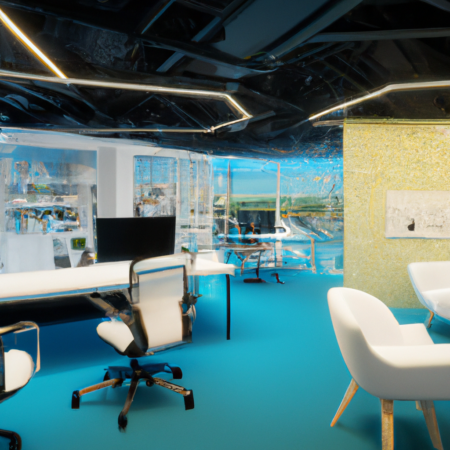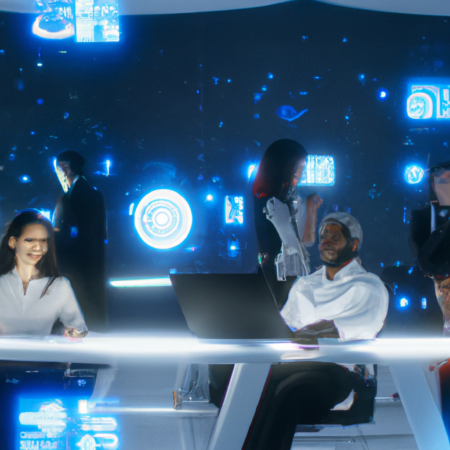Navigating the New Normal: The Evolving Landscape of Work in 2025
As we step into the second quarter of 2025, the world of work continues to evolve at an unprecedented rate. The traditional boundaries between work and life are not just blurring; they are being completely redefined. From the rise of remote work to the integration of artificial intelligence in daily tasks, the future of work is here, and it’s time we adapt.
Remote Work: A Permanent Fixture
The COVID-19 pandemic was a catalyst for remote work, but what started as a necessity has now become a preferred choice for many. In 2025, companies are increasingly adopting hybrid models, allowing employees to blend home and office work seamlessly. The benefits? Increased productivity, reduced overhead costs, and happier employees.
Artificial Intelligence at Work
AI continues to make significant inroads in the workplace. From automating routine tasks to providing data-driven insights, AI tools are not just assistants; they are becoming integral parts of the workforce. The challenge for businesses is to balance the use of AI with human skills, ensuring a synergy that boosts innovation and efficiency.
Continuous Learning and Upskilling
The rapid pace of technological change means that continuous learning is not just an advantage; it’s a necessity. Employers are investing more in training programs and learning platforms to help their staff keep up with new technologies and methodologies. For employees, staying relevant in their field often means embracing lifelong learning.
The Gig Economy and Freelancing
2025 has seen a surge in gig work and freelancing. The flexibility offered by gig jobs is attractive to many, especially the younger workforce. This shift is creating a more dynamic labor market where individuals choose projects based on their interests and skills rather than committing to a single employer.
Workplace Well-being
Companies are recognizing that employee well-being directly impacts productivity and retention rates. Initiatives such as mental health days, wellness programs, and flexible working hours are becoming standard. The focus is on creating a supportive work environment that encourages not just professional but also personal growth.
In conclusion, the future of work in 2025 is characterized by flexibility, digital integration, and an emphasis on employee well-being. As we navigate this new normal, the ability to adapt and innovate is more crucial than ever.






